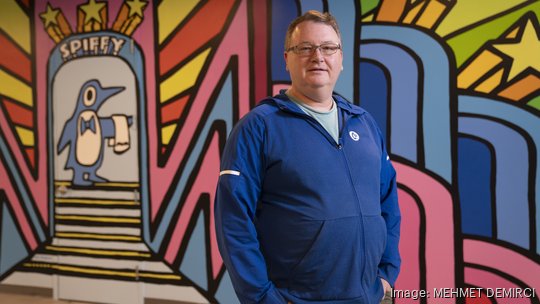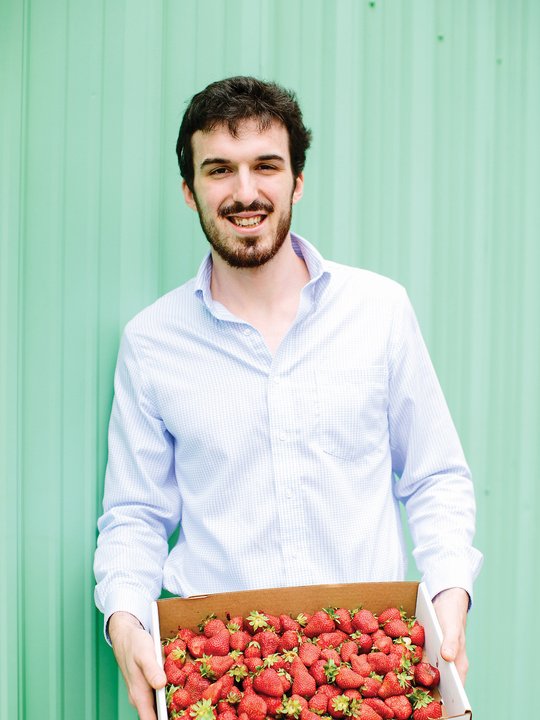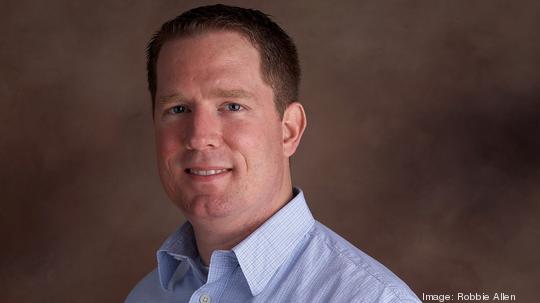
Scot Wingo's entrepreneur-backed Triangle Tweener Fund is racing toward having 60 companies in its portfolio.
The firm, founded by serial entrepreneur Wingo (Spiffy, ChannelAdvisor), announced Thursday that it invested $675,000 in the first quarter and added 10 new companies (and two follow-on investments). The Tweener Fund now has 58 companies in its portfolio.
Nine of those new investments were in what Wingo classifies as “tweener” investments, firms with more than $1 million in revenue or 10 or more employees.
In the latest quarter, new investments included firms such as Seal the Seasons, the sustainable food company Patrick Mateer founded in a UNC dorm room.
“We connected with the Tweener fund through existing investors VentureSouth,” Mateer said. “We wanted to partner with them because of Scot’s broad business experience and his network connections throughout the Triangle and Southeast. Scot has been a valuable partner to help us think through ways to expand our business strategy to make locally grown food available to more Americans.”

They also included Levitate, a startup out of serial entrepreneur Jesse Lipson, who said Tweener Fund’s “level of support and responsiveness for entrepreneurs in their fund greatly exceeds the size of the checks they write.”
Tweener Fund’s strategy is small checks – and the hope of big returns. Investments averaged just $56,250 in the first quarter, just a small piece of the average round (at $2.6 million).
The first check
Long before he wrote his first investment check, Wingo was an entrepreneur, founding companies such as Stingray Software and ChannelAdvisor.
“The way I think about it is, in the first 15 years of my involvement in the Triangle, there were not that many entrepreneurs,” he said. “I was really just trying to encourage people to take the plunge.”
But Wingo realized that "we had so many startups that my area of focus should be helping them scale.”
So he decided to put his checkbook to work, initially making investments personally. The first check went to the firm that would be called WedPics, a Raleigh company founded by Justin Miller and later bought out by Silicon Valley-based Mixbook.
Wingo recalls just “really lik[ing] the founder.”
“They were scaling rapidly,” he said.
Investing allowed him to be a part of it – and it was addictive.
Over the years, Wingo developed a portfolio. Not all companies would be successful.
“You have to manage it like a portfolio,” he said. “You have winners and losers. The theory of my own angel investing is to build a portfolio and not put everything into one company.”
Wingo compares the strategy to investing in stocks. He would take a similar approach when he organized Tweener Fund as a rolling fund for Triangle startups in 2021. The Tweener Fund quickly attracted a large list of influential investors – from serial entrepreneur Robbie Allen (who would later join him as a partner) to ArchiveSocial founder Anil Chawla and Accipiter’s Chris Evans.

With the Tweener Fund, Wingo is trying to boost the ecosystem – but he’s also creating an index, a strategy he hopes will create returns in the long-run.
“If you look at startups, one or two drive all the returns, and if you miss those, you don’t really have good returns,” he said. “The idea of this is not to miss one of the great ones in the Triangle.”
Wingo said there’s advantages in backing seasoned talent such as Levitate's Lipson, as repeat founders have bigger outcomes. But new entrepreneurs are also a big part of the portfolio strategy. And it’s with those founders that Wingo can perhaps make the biggest impact. In addition to dollars, he’s offering support – not in the form of board seats, required by some other investors, but via mentorship.
“It can be very lonely doing a startup,” he said. “Part of what we’re offering is an ear to them … when you do need help, you have someone to call.”